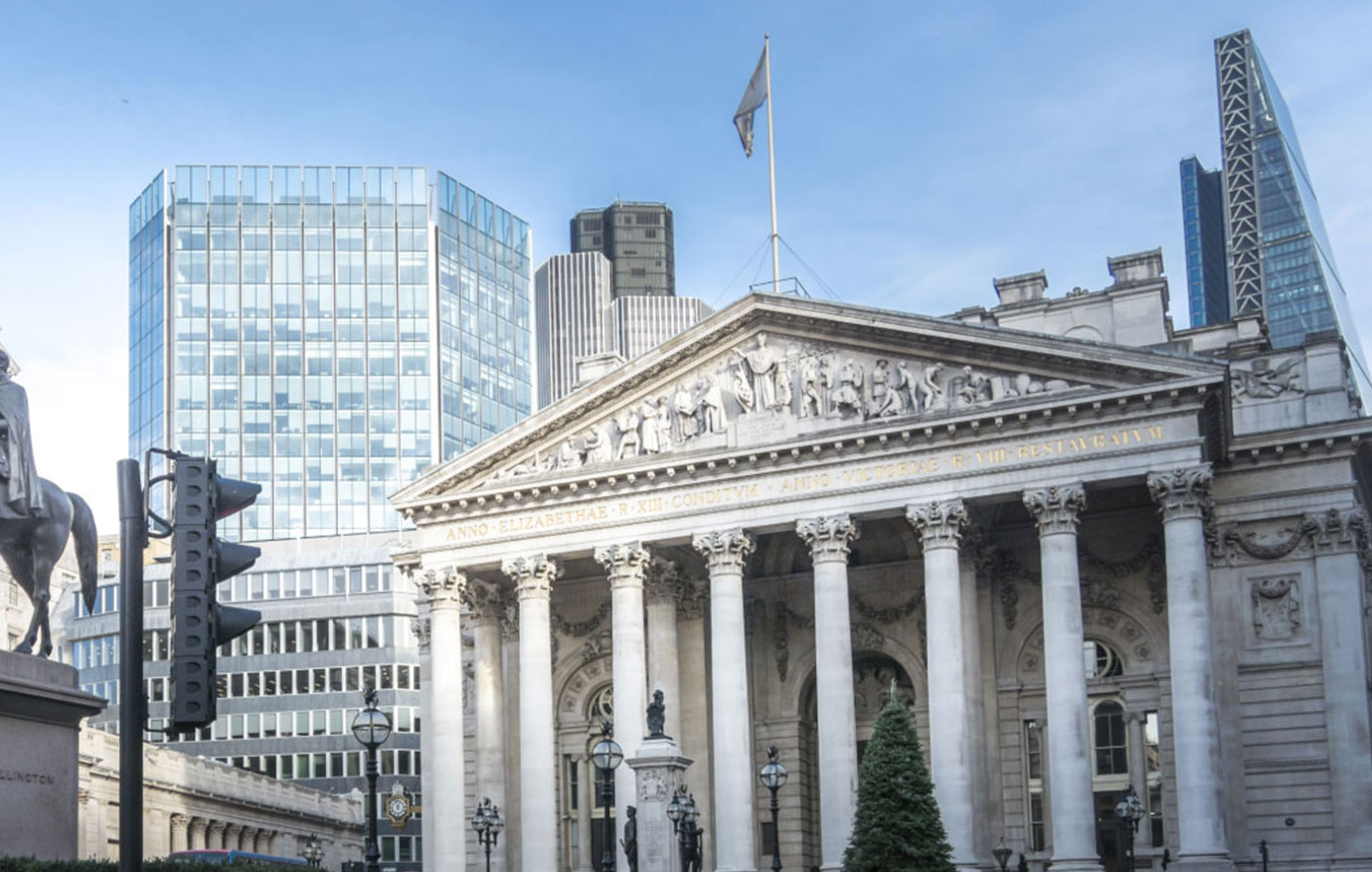Lecture 10: Strategy, Secession, Privatization, and the Prospects of Liberty
The final lecture of Economy, Society, and History.
Lecture 3: Money and Monetary Integration: The Growth of Cities and the Globalization of Trade
Lecture 3 of Economy, Society, and History.
Lecture 5: The Wealth of Nations: Ideology, Religion, Biology, and Environment
Lecture 5 of Economy, Society, and History.
Lecture 1: The Nature of Man and the Human Condition: Language, Property, and Production
Lecture 1 of Economy, Society, and History.
Lecture 6: The Production of Law and Order, Natural Order, Feudalism, and Federalism
Lecture 6 of Economy, Society, and History.
Is a Recession Simply a Decline in GDP? What Does That Mean?
The "official" definition of a recession is a two-consecutive-quarter decline in GDP, but there are problems with GDP measurement in the first place. Original Article: "Is a Recession Simply a Decline in GDP? What Does That Mean?" This Audio Mises Wire is generously
Entrepreneurship in Developing Countries: Still a Work in Progress
Entrepreneurship is the key to real development, but cultural attitudes are often a significant barrier to entrepreneurship in the developing world. Original Article: "Entrepreneurship in Developing Countries: Still a Work in Progress" This Audio Mises Wire is generously sponsored by Christopher Condon.
A Tale of Two Liberties
In colonial America, "liberty" came to mean rights one possessed outside of government approval. In revolutionary France (and in modern Canada) it has come to mean participation in a political system. Original Article: "A Tale of Two Liberties" This Audio Mises Wire
The Mali Empire: An African Story of Gold and Greatness
Official history is not necessarily truthful history. Perhaps no place is more congruent with that than Africa. Not to their fault, most people tend to have a wildly superficial understanding of African history. Press narratives, imagery, and films have largely
Taking Stock of the Assets We Have (and We Have a Lot of Them)
No one knows what the future will bring because the future doesn’t bring anything. People do. You and I and the rest of the world make the future, some more so than others—some a lot more so. The leading future











